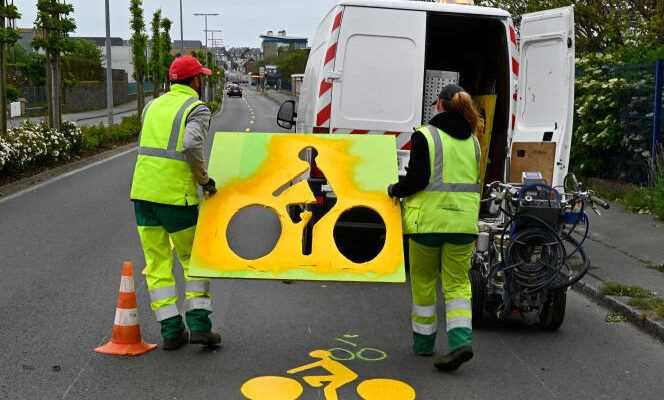Aziza Akhmouch
“The city of tomorrow must guarantee the well-being of all its inhabitants and make the fight against inequalities an absolute priority”
Tribune. The health crisis has tested the resilience of cities in the face of shocks of all kinds. A city must above all be “chosen” and not “endured” in the light of the major transformations in our societies, namely climate change, globalization and the discontent it arouses, demographic pressures and the digital revolution. A resilient city is connected to its surroundings, immediate or further away, where we settle because we have a better quality of life and not just because we have to work there.
Socially, the larger a city, the more it is a source of inequalities and spatial segregation
Cities are the main engines of growth and productivity, which is why the urban population has more than doubled in the world over the past 40 years, from 1.5 billion inhabitants in 1975 to almost 3, 5 billion in 2015, with a projection of 5 billion in 2050. But they also have their share of problems. From a social standpoint, the larger a city, the more it is a source of inequalities and spatial segregation. For example, there may be a twenty-year gap in life expectancy between people in London or Baltimore depending on the postcode or tube station. From an environmental standpoint, cities emit 80% of greenhouse gases, consume two-thirds of energy and produce 50% of waste. We must add to these costs of the agglomeration traffic jams, insecurity and soaring property prices.
The city of tomorrow must therefore guarantee the well-being of all its inhabitants – regardless of their sex, age, ethnic origin or state of health – and make the fight against inequalities an absolute priority to contain the social and territorial fractures already largely unbearable in a country like France, which has more than 10 million poor people.
Rethinking the city of tomorrow means answering very concrete questions to change the way we live there: what will become of our large dense metropolises in the era of teleworking and how to meet the growing needs of city dwellers in search of nature and calm? How do I cycle or walk to my work or to a restaurant when public transport is crowded and the private car is criticized? How can I change my consumption habits, and my habits quite simply, to minimize my environmental impact?
You have 77.4% of this article left to read. The rest is for subscribers only.
